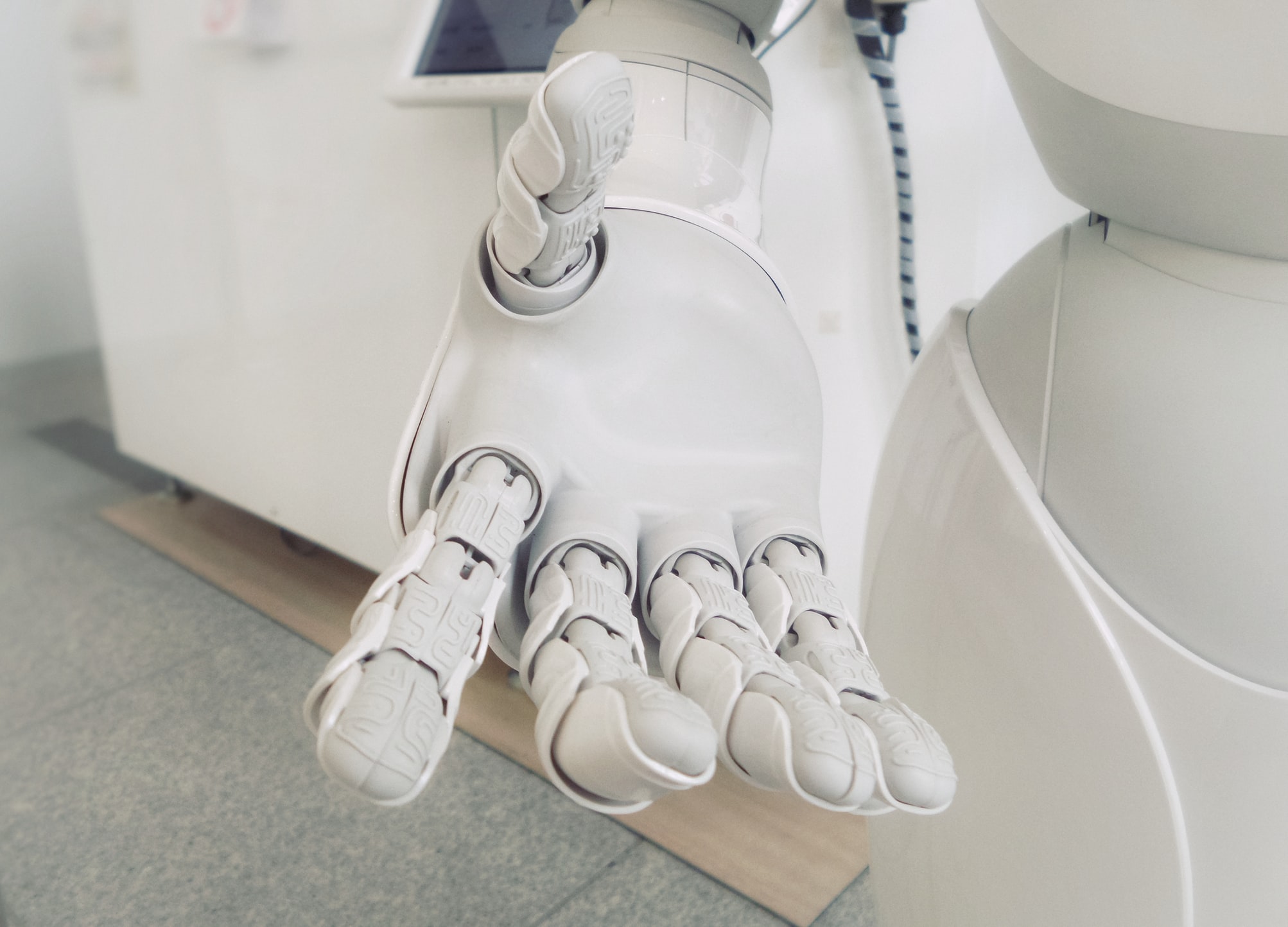Technological innovation is a key aspect for the growth of a company. In the HR field, in particular, more and more organizations rely on automation based on artificial intelligence.
From the planning and execution of interviews, to the analysis of a large amount of data to understand, in a short time, who are the best candidates, here are the advantages that the use of AI could bring to the HR world and to recruiting processes.
What is artificial intelligence.
Artificial Intelligence (AI) is the field of information technology that deals with developing hardware and software systems capable of carrying out complex processes and reasoning based on the human model, but with an infinitely higher computing capacity.
It is possible, through the study of artificial intelligence, to teach machines to learn from their mistakes and experience through machine learning processes.
artificial intelligence can be a very valuable aid in terms of speeding up operations and computing capacity. Two aspects, the latter, fundamental in the recruiting processes.
The impact of AI on human resource management.
Technologies such as those developed with artificial intelligence can improve the ability of organizations to find and involve candidates, as their support can be used during all phases of the recruiting process:
1 in the research phase: there are several algorithms capable of intercepting passive candidates, perhaps more in line with the open position than those who actually applied. Job advertisements can also be sent using automated systems with specific timing depending on the target audience
2 in the screening phase: the support of artificial intelligence can be useful in the profiling of candidates and in the development of indices of affinity with the position offered by the company
3 in the selection phase: candidates very often complain about the lack of feedback from companies. The automation of the answers can certainly overcome this criticality. The profiling of candidates, then, allows you to make a first screening by dividing them between those destined for low-skilled roles (and therefore manageable by bots) and candidates who, on the other hand, aspire to higher positions and who will therefore be managed directly by recruiters who are experts in interview phase
In the face of this undoubtedly positive impact, both logistically and economically, there are also concerns from human resources professionals.
The fear is that tools based on artificial intelligence could deprive the HR world of that “human” part, which is fundamental above all in this sector, transforming moments of interaction such as interviews into impersonal experiences for candidates.
At the same time, the other fear is that the automation process could lead to the disappearance of some key figures in human resources.
Pros and cons in the use of artificial intelligence in the HR field.
In fact, if we look at artificial intelligence as a complementary and not alternative support to the traditional figures who work in human resources, the advantages are undeniable.
Not only from a logistical and economic point of view, but also from a strategic point of view. Artificial intelligence, however, is still programmed by humans and based on pre-existing data from which the machine can learn.
That is why it is not immune from errors and it would be naive to consider it the solution to all problems.
Artificial intelligence and cognitive bias.
Machines based on artificial intelligence would be able to eliminate cognitive biases peculiar to human nature and very often unconscious, therefore extremely difficult to eradicate.
The aseptic judgment of the machines could actually compensate for this type of bias, but it should be remembered that the software is mainly programmed on the basis of already existing data that could contain cognitive distortions dictated by the choices of the selectors.
This is why it is essential, in this sense, to invest in machine learning and in the development of the learning capacity of machines, in order to limit errors more and more and reduce this type of distortion.
Artificial intelligence and computing skills.
As regards, however, the aspects more related to the computing and processing capabilities of the machines, programs such as chatbots are able to manage countless databases.
This allows them to potentially find the most skilled workers and subsequently create personalized communications with them. Automated control of references and control of hiring workflows, in turn, can streamline HR tasks and, at the same time, ensure candidate quality by minimizing risk.
A human recruiter would take much longer to find, evaluate and contact potential candidates.
AI, on the other hand, can do it in seconds and interact with talents 24 hours a day, positively impacting the entire recruiting process.
Fundamental element: the human factor
There is certainly no lack of criticism on the use of artificial intelligence for personnel selection.
The real risk is that the algorithms and automation systems can remove personality from the entire personnel selection process. We are convinced that artificial intelligence cannot totally replace recruiters.
These systems are effective in the first phase where the recruiter can save time and effort.
No machine will ever be able to replace a good recruiter in the selection of personnel, it always takes a human approach to evaluate what a candidate’s skills and competences really are.
For this reason, the hope is that the final phase of personnel selection remains entrusted to a good recruiter who can certainly put in what a machine will never be able to have.
